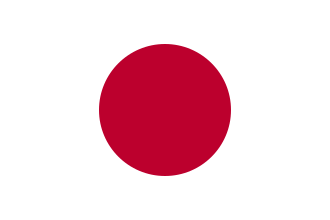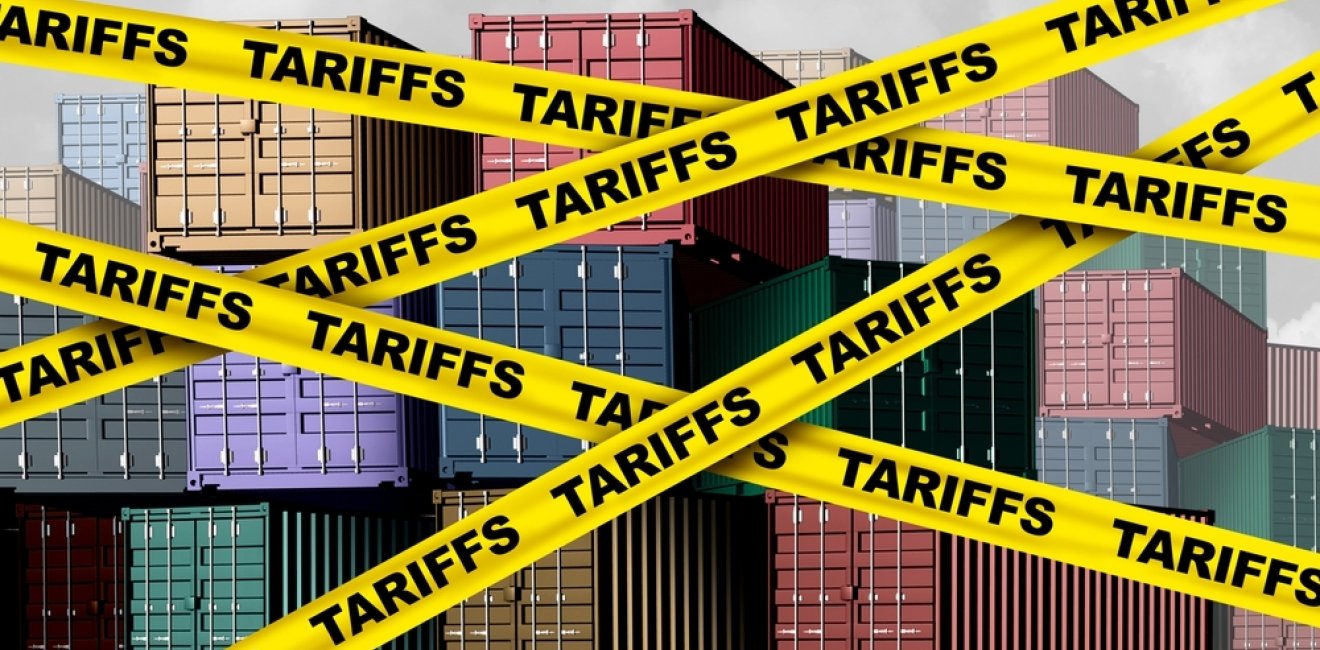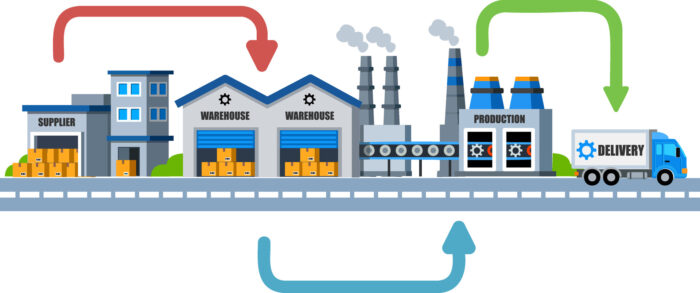Everyone is talking about the implications of tariffs—and for good reason. In a time of shifting global trade policies, tariffs are creating real challenges across the food industry. While much of the conversation focuses on economics and international politics, the ripple effects are being felt in specific, practical ways.
Kosher production relies on pre-approved ingredients, certified manufacturing facilities, and detailed compliance processes. As supply chain pressures grow, their impact on kosher operations can become increasingly visible.
The Impact of Tariffs on Kosher-Certified Products
- Facility Shifts and Supply Chain Disruption
In response to tariffs, some manufacturers have restructured production to reduce costs—limiting certain operations to specific regions or discontinuing co-packing relationships altogether. These changes often require new product formulations, packaging revisions, and updated kosher certification reviews, all of which introduce delays and added complexity. - Rising Costs for Kosher-Compliant Ingredients
Many kosher-approved ingredients, such as enzymes, emulsifiers, and flavorings, are imported. When tariffs are applied to these goods, costs rise. Manufacturers are left with difficult choices: absorb the cost, increase pricing, or seek kosher-compliant alternatives—each with its own set of operational implications. - More Administrative Burden on Certification
Every facility change or ingredient update triggers a cascade of certification tasks—new SKUs, revised labels, updated ingredient panels, and more. This not only extends timelines but adds a layer of administrative complexity for both manufacturers and certifying agencies.
How OK Kosher Helps You Navigate These Challenges
At OK Kosher, we understand how these disruptions can affect your operations. We’re committed to helping you maintain the highest kosher standards while staying responsive to the realities of a changing global marketplace.
A Global Network You Can Rely On
OK Kosher has representation in over 100 countries and in every U.S. state. This vast international and national network equips us to support you wherever your operations take place. Whether you’re sourcing ingredients overseas, working with a regional co-packer, or launching in a new market, we’re positioned to assist with on-the-ground expertise and certification continuity.
Helping You Identify Alternative Ingredients and Suppliers
While availability isn’t guaranteed, we’ll work with you to explore kosher-certified ingredient alternatives from domestic or unaffected regions, helping you mitigate cost and sourcing risks.
Connecting You With Compliant Manufacturing Solutions
If tariffs are forcing changes to your production setup, we can assist in locating kosher-certified facilities—either domestically or internationally—that meet your needs.
Supporting You Through Transitions and Changeovers
Switching co-packers or reformulating a product? We’ll guide you through the kosher compliance process, including ingredient review, documentation, and maintaining active certification throughout the transition.
Ensuring Label and Packaging Compliance
Changes to packaging often come with changes to labeling. We help ensure your revised packaging remains compliant with kosher requirements and doesn’t delay certification renewals or product launches.
Let’s Strengthen Your Kosher Supply Chain
Tariffs are changing the way food products are made and moved—but kosher standards don’t need to be compromised. OK Kosher is here to help you manage change, adapt with confidence, and maintain your commitment to kosher integrity.
Stay Connected Through Your DigitalKosher Portal
Your DigitalKosher portal has been updated.
Under the “Miscellaneous” section, when you click “Contact Your Kosher Agency,” you will now find the contact information for your designated Account Representative and Rabbinic Coordinator.
They are more than happy to assist you with any questions, updates, or kosher certification needs.
Contact us today to discuss how we can help you stay compliant, reduce disruption, and keep your kosher certification moving forward—no matter how the trade landscape evolves.


 EN
EN  ZH
ZH  KR
KR  BR
BR  ES
ES  IN
IN  IL
IL  JP
JP 




